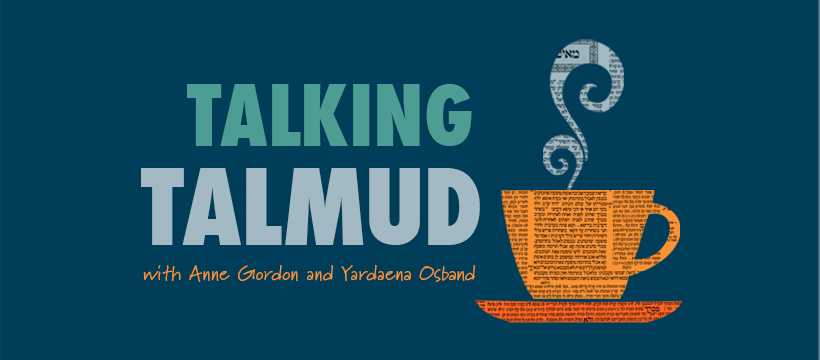
If one throws another’s coin into the Mediterranean Sea, when is that exempt from paying back and when must you? Also, what if one burns a promissory note? Doesn’t that cancel the debt, because there’s no proof of the loan. Also, the indirect causation of damages – when is one liable for it, and when not (dina de-garmi). Also, the case of bread (chametz) that is stolen and returned after Pesach, so the item no longer has value – what is the thief obligated to pay, if at all? Plus, how this case leads into a discussion of shor ha-niskal, the ox that is to be judged for death because it killed a person – and is also prohibited from benefit. Plus, a new mishnah about when a craftsperson damaged the item one left for repair.
Click here for the Talking Talmud podcast on Bava Kamma 98/1a>.
To listen: Click the link above. Or subscribe wherever you get your podcasts. Or join the Talking Talmud WhatsApp group, and receive the link as soon as it goes up.







